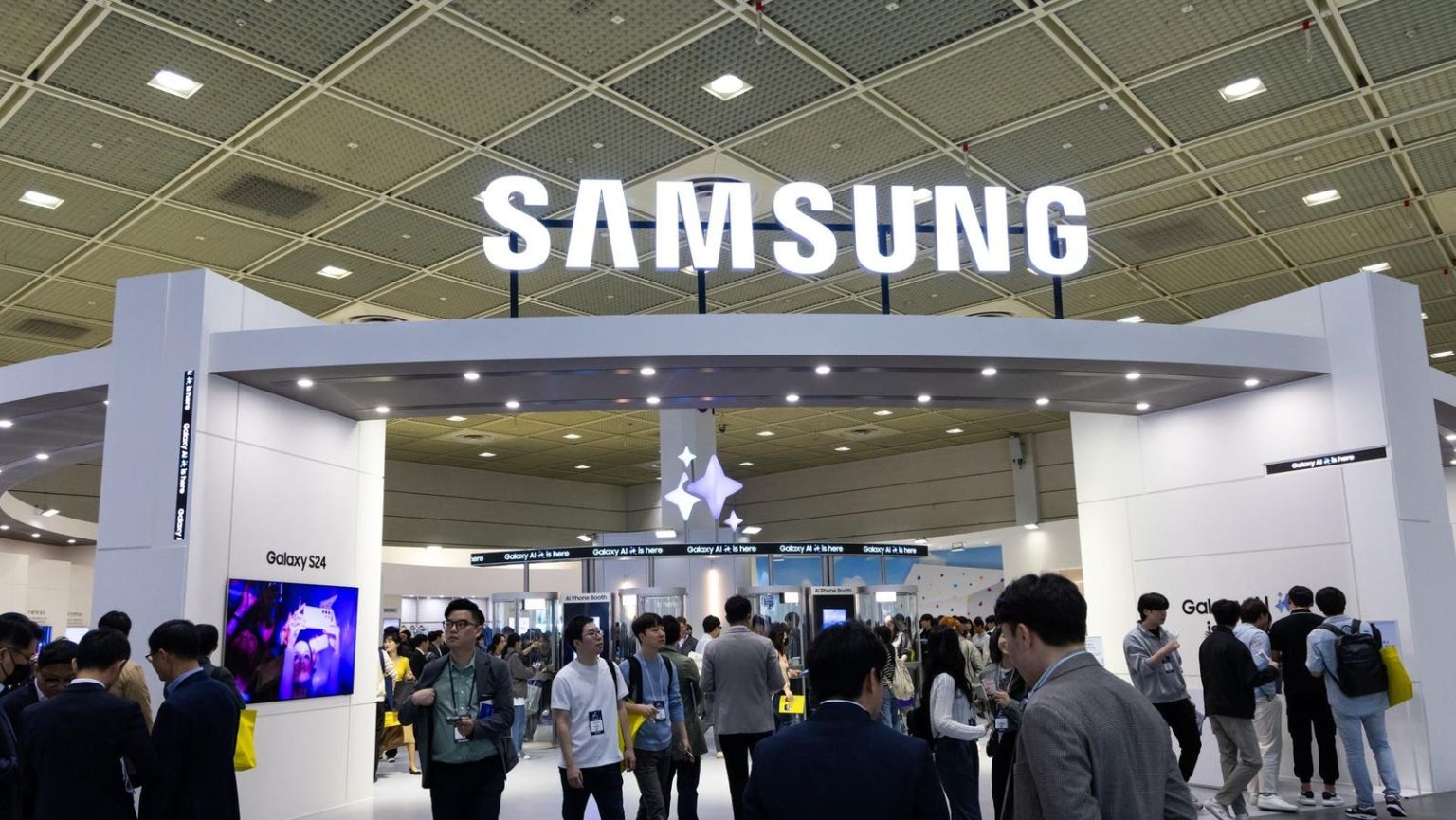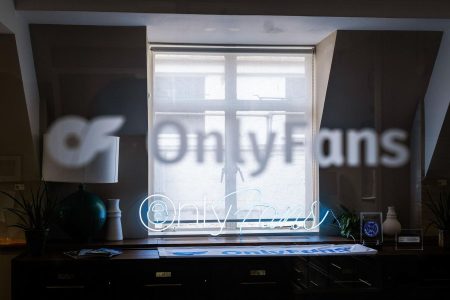Samsung Electronics has reported a significant 933% annual increase in first-quarter operating profits, reversing a trend of six consecutive quarters of profit decline. This growth was driven by a rebound in chip prices following a post-pandemic slump and increasing demand for artificial intelligence-driven products. The company posted $52.2 billion in first-quarter sales, slightly below estimates, but saw operating profit soar to $4.8 billion, exceeding analysts’ expectations and marking a turnaround from the previous year’s low.
The surge in operating profit comes after Samsung faced challenges in its semiconductor division due to plummeting memory chip prices amid excess inventories built up during the pandemic. To counter this, the company made significant cuts to memory chip production, leading to a rise in prices by around 20% in the first quarter. Additionally, there was a surge in demand for Samsung’s High-Bandwidth Memory (HBM) chips, crucial for developing complex artificial intelligence applications. The company plans to increase HBM chip supply to meet the growing demand for generative AI, reflecting investors’ optimism about its semiconductor business.
Nvidia’s CEO recently announced that the company is qualifying Samsung’s new HBM chips for its graphics processing units, leading to a rise in Samsung’s shares. Analysts expect the average selling prices of memory chips to continue climbing in 2024, driven by improving demand-supply dynamics and strong demand from AI applications. Samsung’s focus on AI-enabled smartphones and chips is seen as crucial to solidifying its leadership in both markets, especially as it faces competition from Chinese manufacturers and SK Hynix in the AI memory chip sector.
Despite the positive earnings report, Samsung has initiated an “emergency mode” requiring a six-day workweek for its executives to address challenges such as currency depreciation, rising oil prices, and political risks ahead of the U.S. presidential election. The company remains optimistic about the business conditions in the second half of 2024, citing strong demand for generative AI despite volatility in macroeconomic trends and geopolitical issues. The market reception of Samsung’s Galaxy S24 series, featuring generative AI features, has been strong, with global sales growing 8% year over year compared to the previous model, although it remains to be seen if AI features will drive a strong replacement cycle.
As Samsung continues to focus on AI-driven products and chips, the market will be watching closely to see if the company can maintain its position as a leader in the smartphone and semiconductor industries. With plans to mass-produce next-generation HBM chips in 2024, Samsung aims to strengthen its position in the AI memory chip market. The company’s bet on AI technology and its ability to capitalize on the growing demand for generative AI will be key factors in determining its future success and competitiveness in the market.













